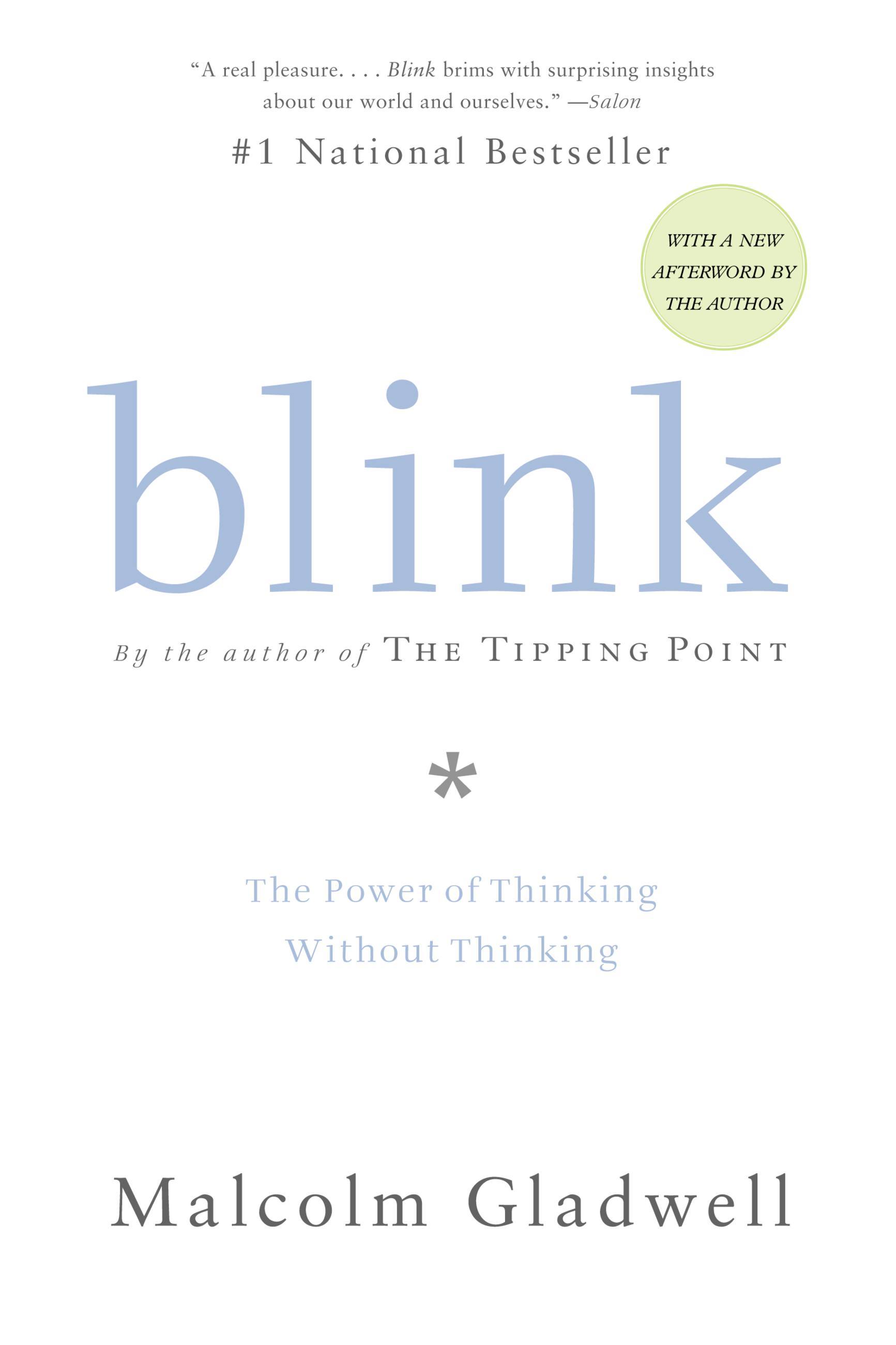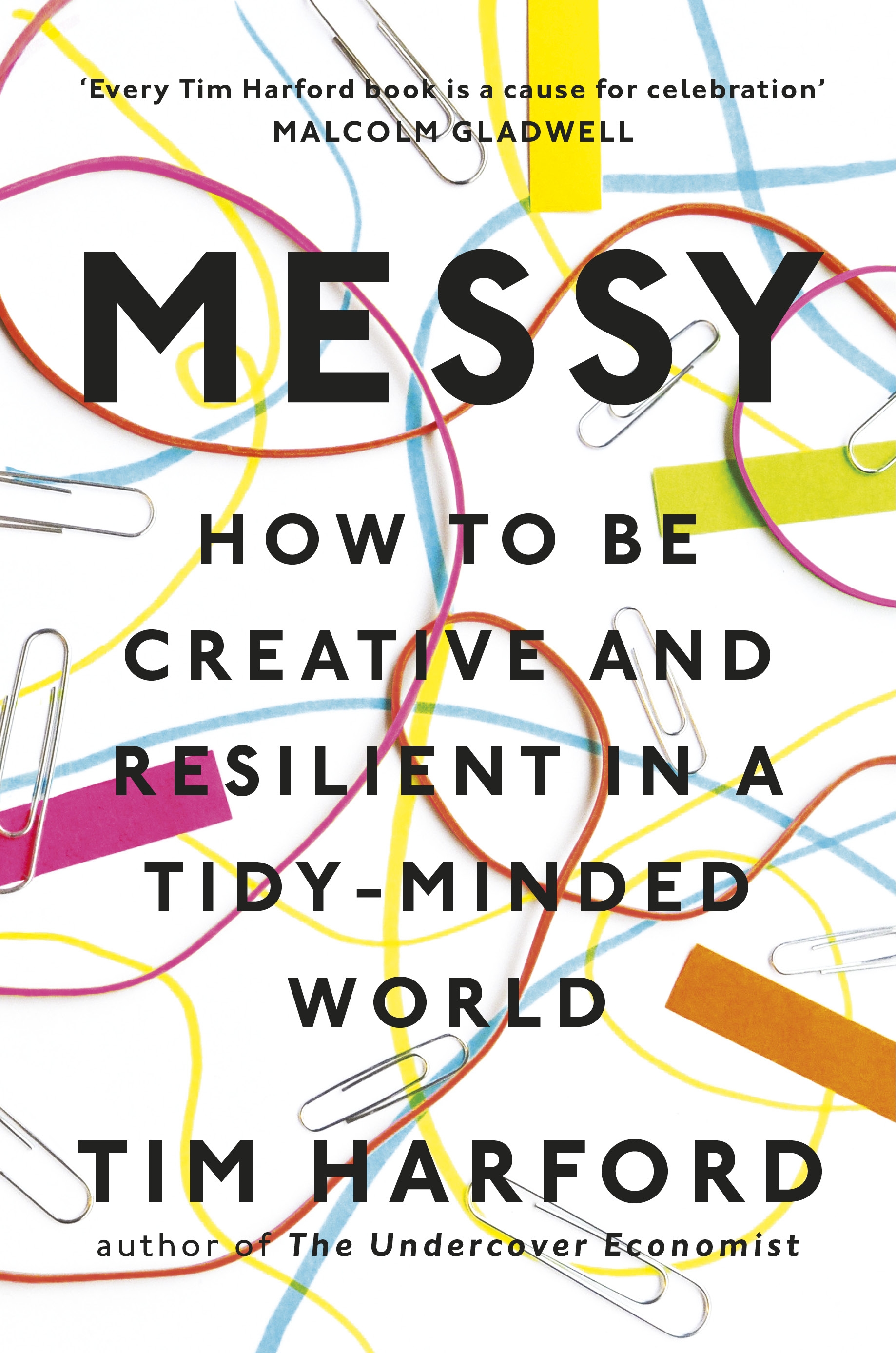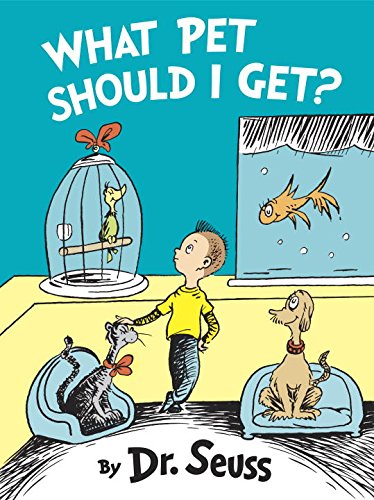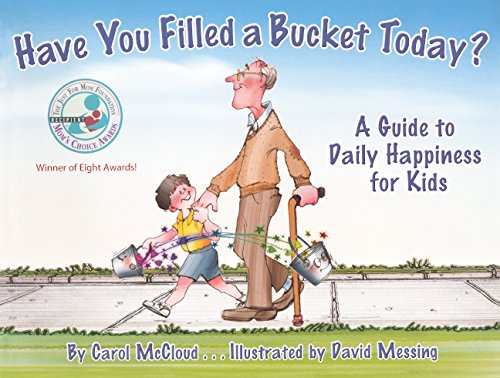Decision making…oh yes…for some it appears straight forward, easy and over in a flash. For others it’s a little more like running around in circles, going back and forward and not to mention the mental fatigue wondering if the right decision has been made. Luckily, there are a plethora of books on the market to arm us with tips and tricks and bring clarity to the method of decision making.
 Blink by Malcom Gladwell
Blink by Malcom Gladwell
In his landmark bestseller The Tipping Point, Malcolm Gladwell redefined how we understand the world around us. Now, in Blink, he revolutionises the way we understand the world within. Blink is a book about how we think without thinking, about choices that seem to be made in an instant-in the blink of an eye-that actually aren’t as simple as they seem. Why are some people brilliant decision makers, while others are consistently inept? Why do some people follow their instincts and win, while others end up stumbling into error? How do our brains really work-in the office, in the classroom, in the kitchen, and in the bedroom? And why are the best decisions often those that are impossible to explain to others?
Thinking Fast and Slow by Daniel Kahneman
Daniel Kahneman is a renowned psychologist and winner of the Nobel Prize in Economics, who engages us in a lively conversation about how we think, revealing where we can and cannot trust our intuitions and how we can tap into the benefits of slow thinking. He offers practical and enlightening insights into how choices are made in both our business and our personal lives–and how we can use different techniques to guard against the mental glitches that often get us into trouble. Winner of the National Academy of Sciences Best Book Award and the Los Angeles Times Book Prize and selected by The New York Times Book Review as one of the ten best books of 2011, Thinking, Fast and Slow is destined to be a classic.
And in order to be fair…here’s a title that fights against eradicating our less decisive mindset…
 Messy by Tim Harford
Messy by Tim Harford
The urge to tidiness and decisiveness seems to be rooted deep in the human psyche. Many of us feel threatened by anything that is vague, unplanned, scattered around or hard to describe. We find comfort in having a script to rely on, a system to follow, in being able to categorise and file away. We all benefit from tidy organisation. A large library needs a reference system. Global trade needs the shipping container. Scientific collaboration needs measurement units. But have the forces of tidiness marched too far?
In MESSY, Tim Harford reveals how qualities we value more than ever – responsiveness, resilience and creativity – simply cannot be disentangled from the messy soil that produces them. This, then, is a book about the benefits of being messy: messy in our private lives; messy in the office, with piles of paper on the desk and unread spreadsheets; messy in the recording studio, the laboratory or in preparing for an important presentation; and messy in our approach to business, politics and economics, leaving things vague, diverse and uncomfortably made-up-on-the-spot. It’s time to rediscover the benefits of a little mess.
It would have been so much easier to have just grown up knowing how to make great decisions…so for those of you that are helping to shape the next generation, here are a few titles for children.
 What Pet Should I Get? by Dr Seuss
What Pet Should I Get? by Dr Seuss
What happens when a brother and sister visit a pet store to pick a pet? Naturally, they can’t choose just one! This tale captures a classic childhood moment, choosing a pet, and uses it to illuminate a very important life lesson. It is hard to make up your mind, but sometimes you just have to do it.
 Have You Filled A Bucket Today? Carol McCloud
Have You Filled A Bucket Today? Carol McCloud
This book is brilliant. My children’s school uses this book within all classes to encourage positive behaviour. Through simple prose and vivid illustrations, this heartwarming book encourages positive behaviour as children see how rewarding it is to express daily kindness, appreciation, and love. Bucket filling and dipping are effective metaphors for understanding the effects of our actions and words on the well being of others and ourselves. This book helps children to stop and consider feelings of those around them before they decide to act.
Happy reading.
